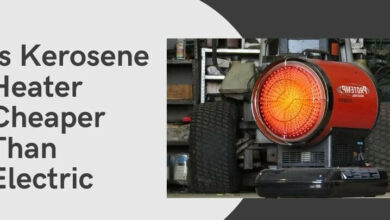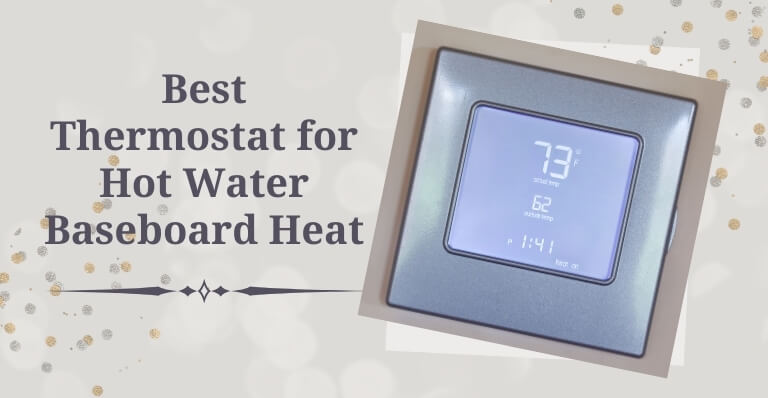4500 vs 5500 watt Water Heater: Know All About Heater Efficiency & Costs

Water heaters are an essential household item that one needs in every household. Choosing the perfect heater for your home can be a tedious task because you need to keep in mind the efficiency and corresponding bills. In this article, we have done a 4500 vs 5500-watt water heater review for you, so that you can find the perfect heater for yourself.
Before diving in the review, let’s take a look at things to keep in mind before buying a water heater.
Things to Keep in Mind Before Buying a Water Heater
- Capacity
- Safety features
- Quality of the material and tank
- Energy consumption
4500 vs 5500 watt Water Heater
What is the Difference Between 4500 and 5500-Watt Water Heaters?
So you must be thinking that what is the main difference between a 4500 and 5500-watt water heater, well to cut the chase the difference is the amount of time it takes to heat the water. The 4500-watt water heater heats 18 and 25 gallons of water per hour and the 5500-watt water heater can heat up to 25 and 35 gallons of water per hour.
So basically 5500-watt water heaters can heat up to 4 and 7 gallons of water per hour in contrast to 4500-watt water heaters. Now you must be thinking that the higher the wattage more water it will heat! No, that is not the case the difference is how much time the storage tank takes to warm once again the hot water in the storage tank.
What is the Difference in the Price of a 5500-watt and 4500-watt Water Heater?
Are you planning to replace your 4500-watt water heater with the 5500-watt water heater?
Then wait! Because the decision totally depends on personal preference and the price range.
Let us paint the picture for you! For instance, if you are a family of four and need hot water for showers, clean the dishes, and you can’t wait for a long time for water to heat up. In this case, a 5500-watt water heater would be more than recommended for you. Whereas, if you are a family of two, then a 4500-watt heater will be perfect for you.
Now coming to the pricing, a 4500-watt water heater costs between $329-$829 depending upon the brand whereas, 5500-watt water heater costs between $479-$1350. That said, the annual operational expenditure of a 5500-watt water heater is more because it uses more energy than a 4500-watt water heater.
The Bottom Line
Well wrapping our 4500 watts vs 5500 watts water heater blog, we can conclude that the main difference between 4500 and the 5500-watt water heater is how fast it takes to recover once the storage tank is depleted. However, the wire system breaker works the same for both wattages and varies by size. We are mentioning two major FAQs that are generally put up by the customers.
FAQs
1. How Often Should We Perform Maintenance on the Electric Water Heater?
There is no particular rule to get your heater clean, but it is recommended that you should contact your heater flushed once a year. It will ensure that your heater is free from all the sediments that can usually clog the system.
However, maintenance should only be performed when you see there is a leak, issues with pressure or you find rust somewhere.
2. What is the Estimated Cost of Operating an Electric Water Heater Each Year?
The electric water heater cost depends on source to source and the requirements. According to the US department of energy, a 5500-watt water heater’s operation cost is around $600 to $800.
The information that we have mentioned above in the 5500 vs 4500-watt water heater blog is best to our knowledge and hopefully will help you choose the perfect heater for yourself.




